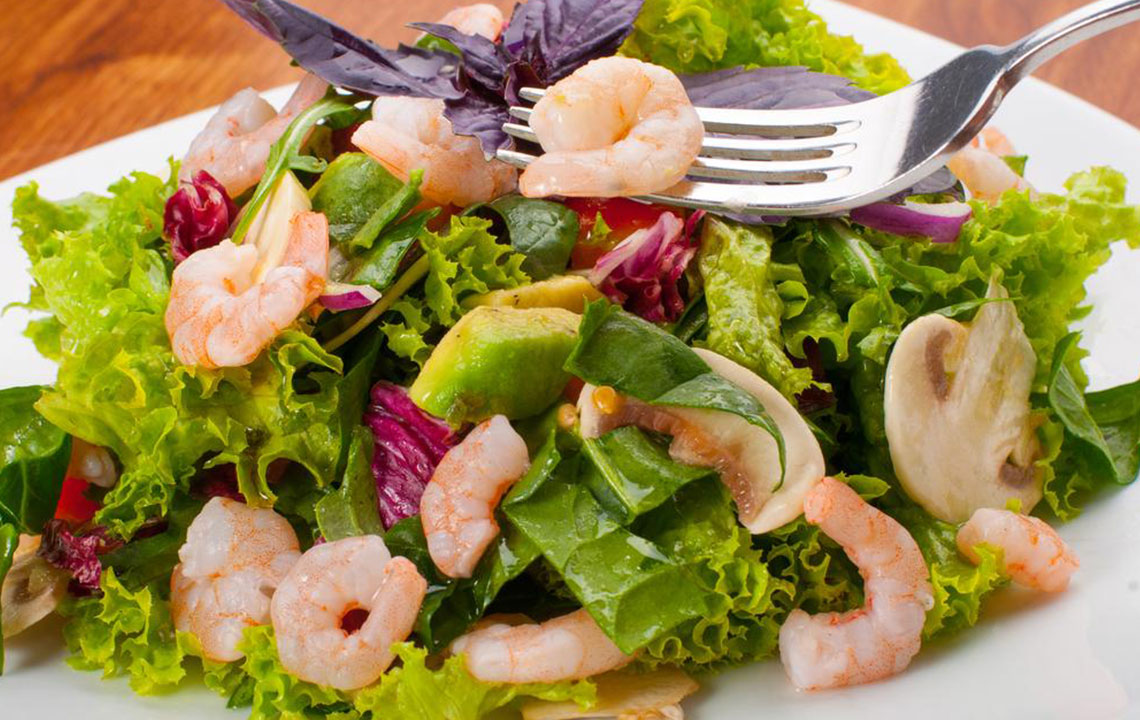Effective Dietary Strategies to Alleviate Acid Reflux Symptoms Quickly
Discover effective dietary strategies to quickly ease acid reflux discomfort. Learn about foods to include and avoid, lifestyle tips, and how to manage symptoms naturally through mindful eating and healthy habits.

Effective Dietary Strategies to Alleviate Acid Reflux Symptoms Quickly
Frequent heartburn may indicate Gastroesophageal Reflux Disease (GERD), commonly called acid reflux.
Normally, a muscle at the stomach entrance, known as the sphincter, closes after eating to allow digestion.
If this muscle weakens or stays open, stomach acids can flow back into the esophagus, causing a burning sensation referred to as heartburn. Ongoing reflux suggests persistent acid reflux.
Factors Contributing to Acid Reflux
Hiatal hernia, a stomach abnormality, often leads to reflux.
Heavy meals followed by lying down or bending over can worsen symptoms.
Being overweight or obese increases risk.
Trigger foods include tomatoes, garlic, mint, onions, spicy, and fatty dishes.
Smoking and alcohol can provoke reflux episodes.
Drinks like coffee, tea, soda, along with late-night snacks, are common triggers.
Pregnancy and some medications, such as aspirin, ibuprofen, and muscle relaxants, may also contribute.
Signs and Symptoms
Typical signs include chest burning radiating to the throat, regurgitation, a bitter or sour taste, nausea, bloating, persistent hiccups, and dry cough. More severe symptoms include blood in vomit or stools, difficulty swallowing, unexplained weight loss, and wheezing.
Adopting healthier habits and dietary changes can effectively manage acid reflux, reducing discomfort significantly.
Diet Tips for Symptom Relief
Choosing your foods wisely is key. Eating smaller, frequent meals and avoiding high-fat items can diminish reflux episodes. A nutritious diet supports overall wellness and can prevent flare-ups.
Foods That Help Relieve Symptoms
Vegetables: Cucumber, greens, broccoli, beans, cauliflower, and asparagus are low in fat and sugar, helping prevent acid buildup.
Oatmeal: High in fiber, oats can absorb excess acid, easing heartburn.
Ginger: Known for its anti-inflammatory benefits, ginger can soothe digestion; drinking ginger tea may offer relief.
Non-Citrus Fruits: Apples, pears, bananas, and melons are gentle options that are less likely to aggravate reflux.
Egg Whites: Rich in protein and low in fat, egg whites are a suitable breakfast choice.
Lean Proteins: Baking, grilling, or boiling fish, poultry, and seafood helps minimize fat intake and reduce reflux risk.
Healthy Fats: Use olive oil, walnuts, flaxseeds, avocados, and sunflower oil for nourishing fats that are less likely to trigger symptoms.
Foods to Limit or Avoid
High-fat foods: Fried foods, creamy dressings, and bacon can relax the sphincter, leading to acid reflux.
Chocolate: Contains substances that relax esophageal muscles, prompting reflux.
Citrus fruits: Oranges, lemons, and grapefruits are acidic and may worsen symptoms.
Caffeinated beverages: Coffee, energy drinks, and some teas can stimulate reflux episodes.
Mint: Mint products can increase acid production and discomfort.
Maintaining a healthy lifestyle with attentive eating habits and regular physical activity can greatly reduce acid reflux occurrences. Identifying and avoiding your specific triggers can lead to better relief and comfort.


